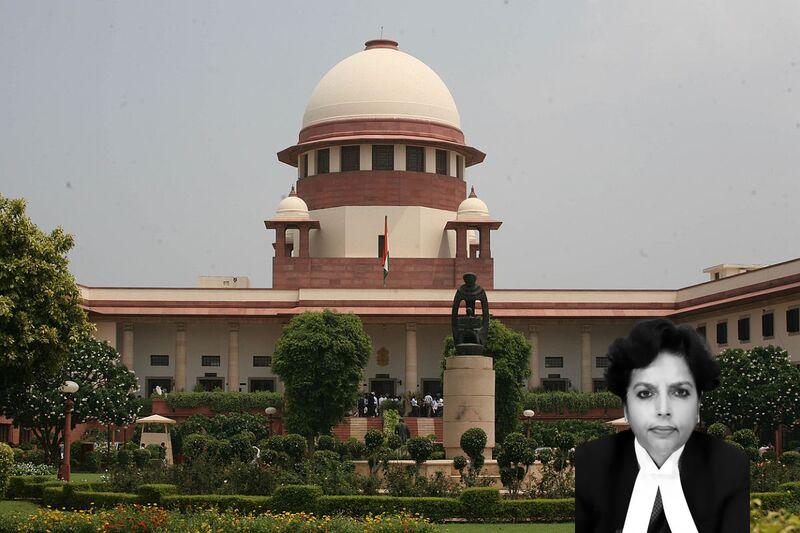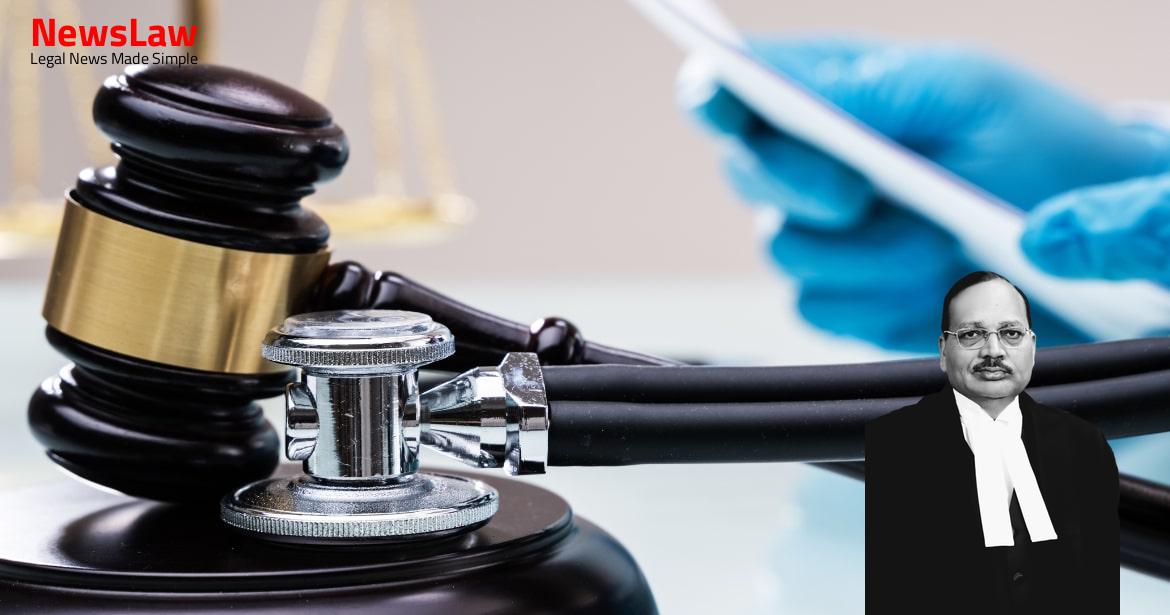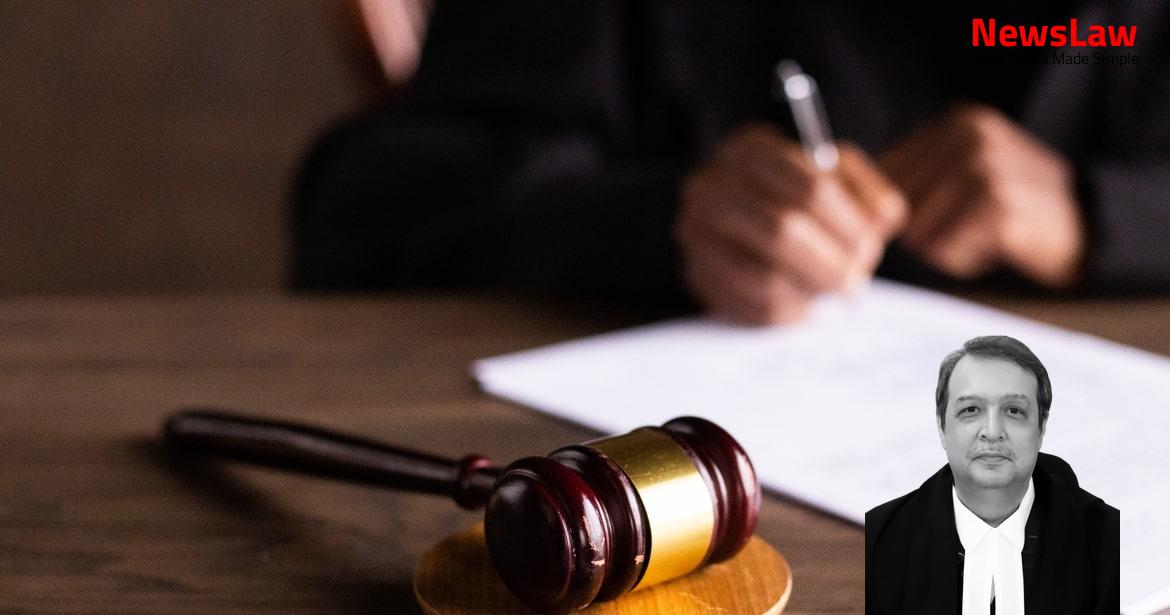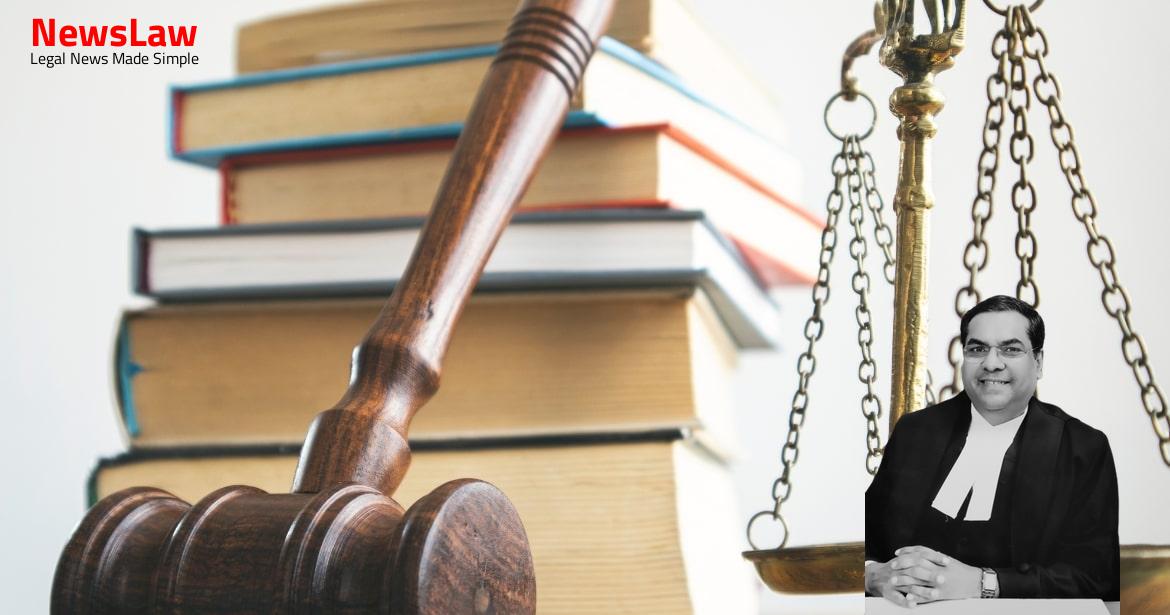1 – University.
We may first elucidate the facts relevant for deciding the case at hand. Vide order dated 27 June, 2000, issued by the respondent
No 1 – University, the appellant was informed that on attaining the age of 60 years, he would stand retired from the service of the respondent No 1 – University with effect from 30 June, 2000.
The appellant submitted a representation to the respondents stating that by virtue of the aforesaid decision, the age of teachers was raised by the State Government from 60 years to 62 years with effect from the year 1998 and the said decision also covered the respondent No 1 – University, thereby entitling teachers serving in the University to superannuate at the age of 62 years instead of 60 years. Further, the Agriculture Department of the State Government had issued a Memorandum dated 12 July, 2000, clarifying inter alia that as per the Statute of the University, the post of sports officers wasn’t treated as a teaching post and therefore, their retirement age could not be raised from 60 years to 62 years.
As a result, the order dated 27 June, 2000, issued by the respondent No 1 – University retiring the appellant from service on 30 June, 2000, was quashed and set aside and since he had already been retired in the year 2002, the respondents were directed to pay emoluments and other benefits including retiral benefits to the appellant as if he had continued in service up to the age of 62 years. Ramamohana Rao’s case (supra) relied on by the appellant, having been duly noted in Ramesh Chandra Bajpai’s case (supra) that was decided subsequently, the proposition laid down by the two Judges Bench should not be automatically extended to other cases where employees are governed by a different set of rules. For deciding as to whether a PTI/Sports Officer falls within the expression “teacher” and if so, whether the appellant herein would have been entitled to continue in the service of the respondent No.1 – University as a PTI till he completed the age of 62 years, at par with other teachers of the Vishwavidyalaya, we may first examine the relevant provisions of the Act, the Statute and the Regulations. (x) “Teacher of the Vishwa Vidyalaya” means a person appointed or recognised by the Vishwa Vidyalaya for the purpose of imparting instructions and/or conducting and guiding research and/or extension programmes and includes a person who may be declared by the Statutes to be teacher” As can be gleaned from the above definition, the word “teacher” has not been stated precisely. of other officers :- (1) xxxx (2) xxxx (3) xxxx (4) Every employee shall retire from the service of the Vishwa Vidyalaya in the afternoon of the last day of the month in which he attains the age of superannuating, as prescribed below :- (a) “Officers” as defined under Section 12 of the Act and Statute 3 (except the Chancellor and the Vice Chancellor) shall be superannuated on attaining the age of 60(sixty) years, provided that those appointed as Officers by promotion or otherwise but have been engaged in teaching for not less than 20 years and holds a lien on a post in the Vishwa Vidyalaya shall be superannuated on attaining the age of 62 (sixty two) years.
Provided further that: All Vishwa Vidyalaya employees may, in the public interest or in the Vishwa Vidyalaya interest be retired at any time after they attain the age of 50 years or 20 years of qualifying service, on three months notice without assigning any reason or on payment of three months pay and allowances in lieu of such a notice; (ii) The cases of such persons as have been re-employed in the Vishwa Vidyalaya Service, after retirement from Government Service, shall be governed by the terms and conditions of their re-employment in this Vishwa Vidyalaya service; and,”
[Emphasis added] 3.3 Statute 32 defines the word “Teacher” in the following terms : “Vishwa Vidyalaya Teachers: Teachers of the Vishwa Vidyalaya shall be either- (a) Servants of the Vishwa Vidyalaya paid by the Vishwa Vidyalaya for imparting instructions and/or conducting and guiding research and/or extension and/or programmes as- (i) Professor, (ii) Associate Professor, (iii) Assistant Professor. Officer of the Vishwa Vidyalaya U/s 12 of the Jawaharlal
Nehru Krishi Vishwa Vidyalaya Act, 1963 and Statute 3 except the Chancellor and the Vice-Chancellor. It is evident on examining the relevant provisions of the Act, Statute and the Regulations that they do not specifically indicate the duties required to be discharged by a PTI/Sports Officer and therefore, one has to fall back on the definition of Sports Teacher as contained in Section 2(x) of the J.N.K.V.V Act read with Statute 32(1) of the Statute.
No is there any specific denial to the averments made by the appellant, in the corresponding para of the counter affidavit regarding the duties discharged by the appellant, namely, imparting instructions to students of the College in Physical Education. Act and the Andhra Pradesh Agricultural University (Conditions of Service) Regulations, 1965, the appeal filed by the appellant therein was allowed and it was held that the duties being discharged by him as a Physical Director brought him within the definition of a “teacher” and therefore, he was entitled to continue in service till he completed 60 years of age. It is well known that different games and sports have different rules and practices and unless the students are guided about the said rules and practices they will not be able to play the games and participate in the sports in a proper manner.
We, therefore, do not accept the contention raised in the additional counter- affidavit of the University.” It is noteworthy that the definition of the word “teacher” as contained in Section 2( n ) of the A.P. Act : “2 (x) Teacher of the Vishwa Vidyalaya” means a person appointed or recognised by the Vishwa Vidyalaya for the purpose of imparting instructions and /or conducting and guiding research and/or extension programmes and includes a person who may be declared by the Statues to be teacher” 8. The definition being inclusive in nature would have to be read expansively and when read in the context of PTI/Sports Officer, it cannot be denied that the appellant while discharging his duties was required to impart instructions relating to the rules and practices adopted for various categories of sports.
Laying emphasis on the aforesaid observations made in the last para of the Ramesh Chandra Bajpai’s case (supra), the impugned judgment records that the definition of a “teacher” under the M.P. Ramamohana Rao (supra) would have any application to the facts of the said case and observed that the said decision had been misapplied and misconstrued by the High Court to give benefit to the private respondent. Act where the definition of a “teacher” contained in Section 2( n ) was an expansive one and extended not only to those persons who impart instructions, conduct and carry on research work for extension programme, but also those who were declared to be a teacher within the purview of the definition under the Statute framed by the State Government, same is the position under the J.N.K.V.V.
Case Title: P.C.MODI Vs. JAWAHARLAL NEHRU VISHWA VIDYALAYA .
Case Number: C.A. No.-004267-004267 / 2011



